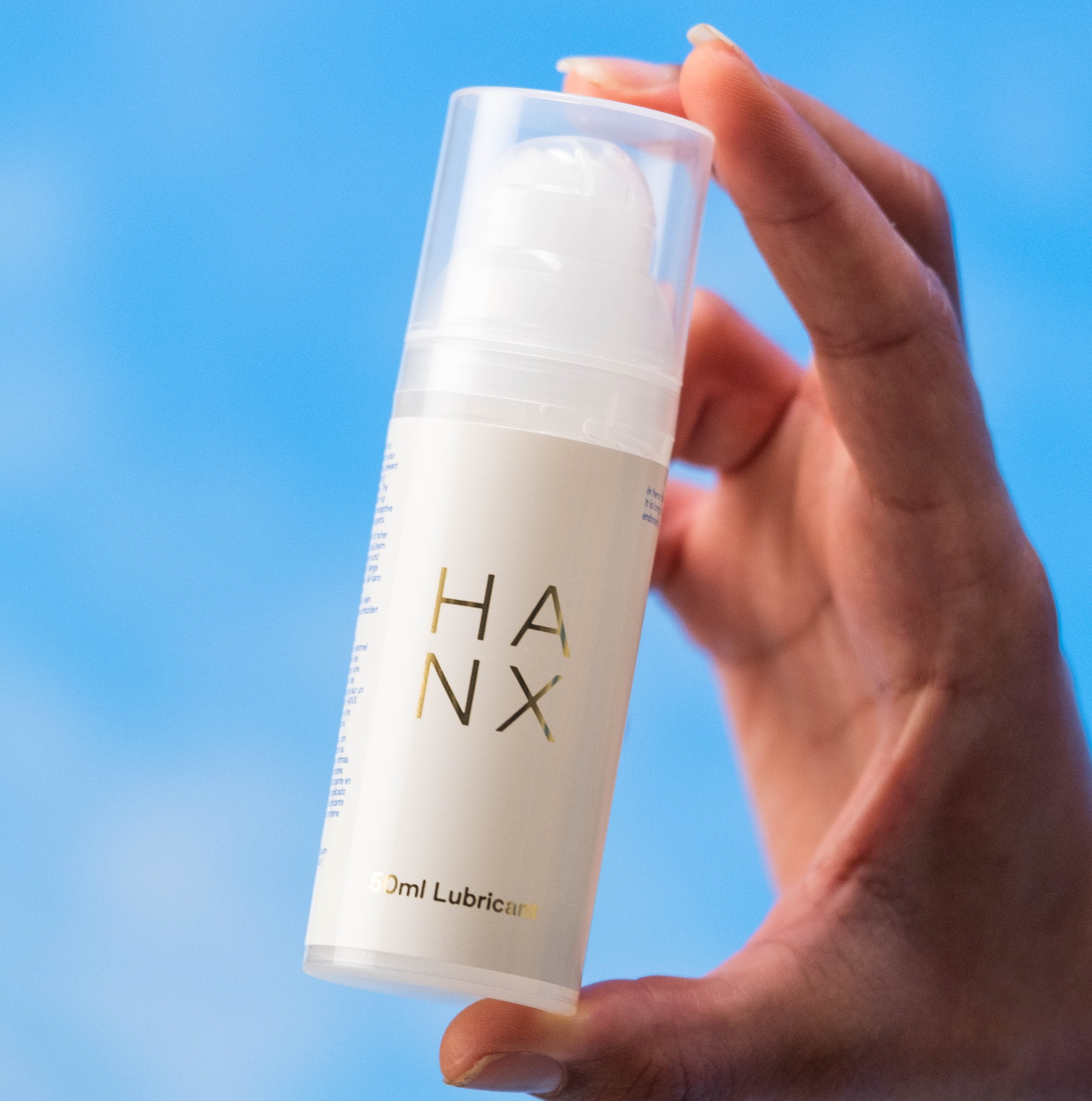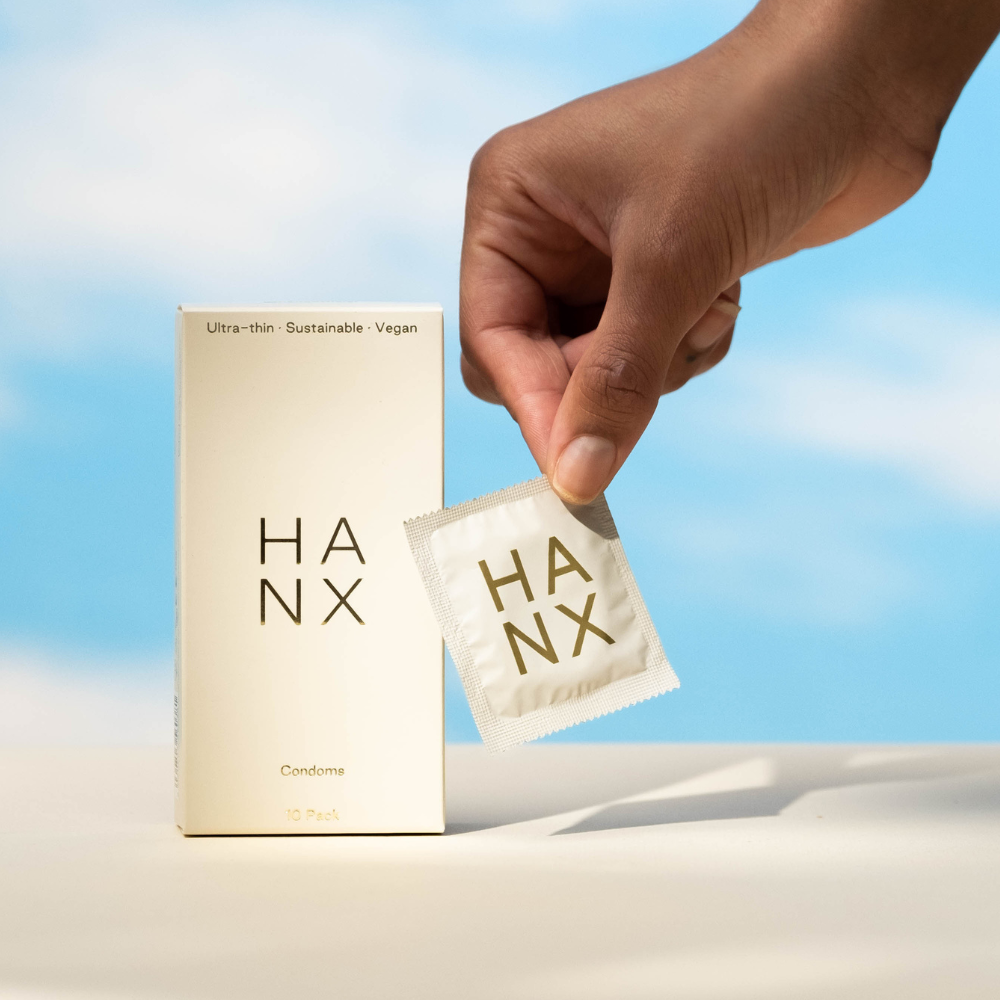Tackling Homophobic Stigma Around Monkeypox
How do I know if I have monkeypox?
Let’s start with the basics. The main symptoms of monkeypox are:
- New/unusual spots, ulcers or blisters
- Fever
- Headaches
- Muscle aches
- Chills
- Fatigue
- Swollen glands
Why is the gay community experiencing stigma around monkeypox?
Monkeypox can affect anyone, regardless of sexual orientation, but as many recent diagnoses in the UK have been in gay, bisexual, or other men who have sex with men, the UKHSA has highlighted the need for those at increased risk to be aware. There needs to be widespread recognition of the LGBTQ+ community’s proactivity in reporting the rise in the unusual symptoms to the wider health authorities.
Despite balanced, empathetic and non-judgemental communication from many sources including 56 Dean Street and the Terrence Higgins Trust, much mainstream press features discriminatory reporting around its transmission and the communities disproportionately affected. Irresponsible reporting and misleading narratives have perpetuated the myth that this is variously an STI or a ‘gay disease’. Not only does this bias put the LGBTQ+ community at risk, it’s vital to challenge discrimination and dangerous stereotypes for our collective global health and wellbeing.
Anonymous accounts from those affected include fear of being ‘outed’ after informing employers of the need to isolate, and prejudice from coworkers, friends and family. Homophobic and racist headlines and social media trends are contributing to this stigma, which has a dangerous impact. Our Co-Founder Dr Sarah Welsh explains:
“Stigma impacts the ability to treat those who need it, as it can make people feel anxious or unwilling to seek healthcare for fear of being judged. Conversely, this monkeypox coverage may wrongly convince others that they are immune or not at risk.”
It’s very important that those affected feel able to seek advice and support from healthcare services without shame, not just for their own health - though it is usually mild and most recover within 2-4 weeks. It’s important to reduce transmission during this time, and avoid it reaching vulnerable groups including the immuno-compromised, pregnant women and children.
How to protect yourself against monkeypox:
Everyone should be alert for symptoms, particularly rashes and lesions on or near the genitals, alongside fever, headache, chills and exhaustion. It’s not clear if monkeypox can be transmitted through genital fluids, but the UKHSA suggests using condoms for 8 weeks after a confirmed diagnosis to be careful. It can also be passed on through contact with clothing, bedding and towels used by someone with monkeypox.What to do if you have monkeypox symptoms:
Don't go to a clinic, hospital or your GP in person (unless they ask you). Contact your GP, call 111 or your local sexual health clinic if:
- You have a new unexplained rash/lesion, especially your face or genitals.
- You've been in contact with someone who has monkeypox in the last three weeks.






















